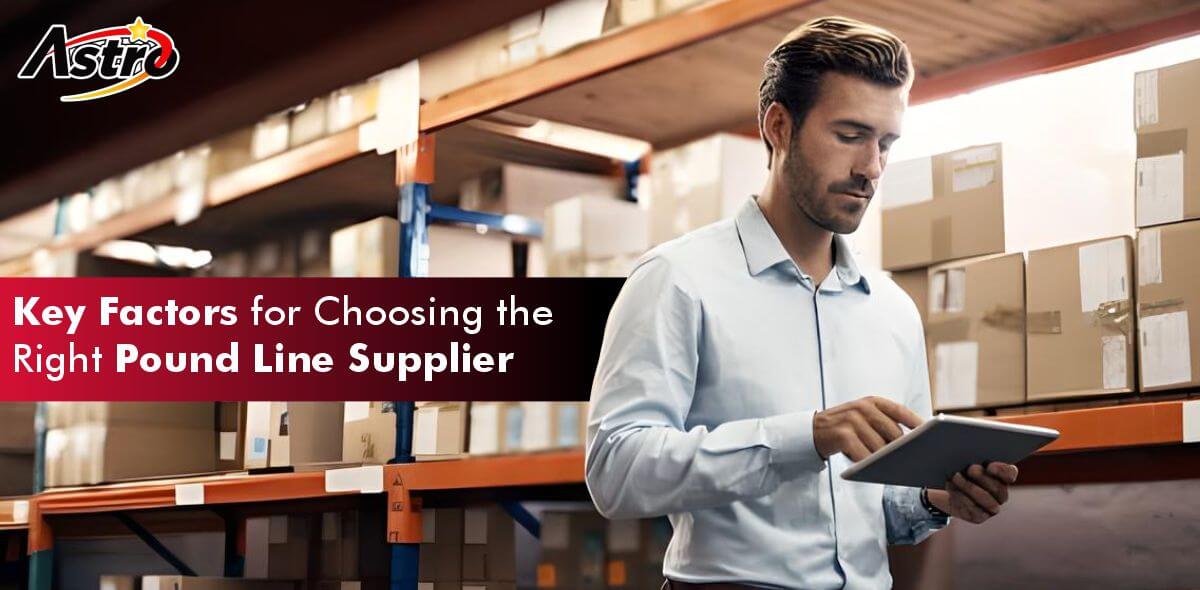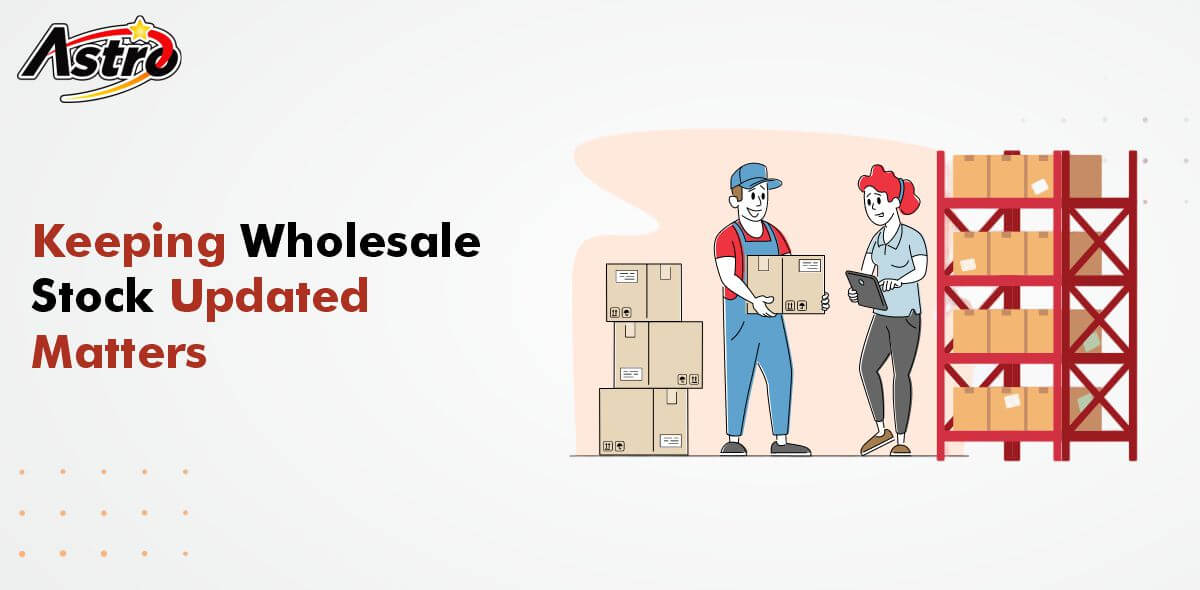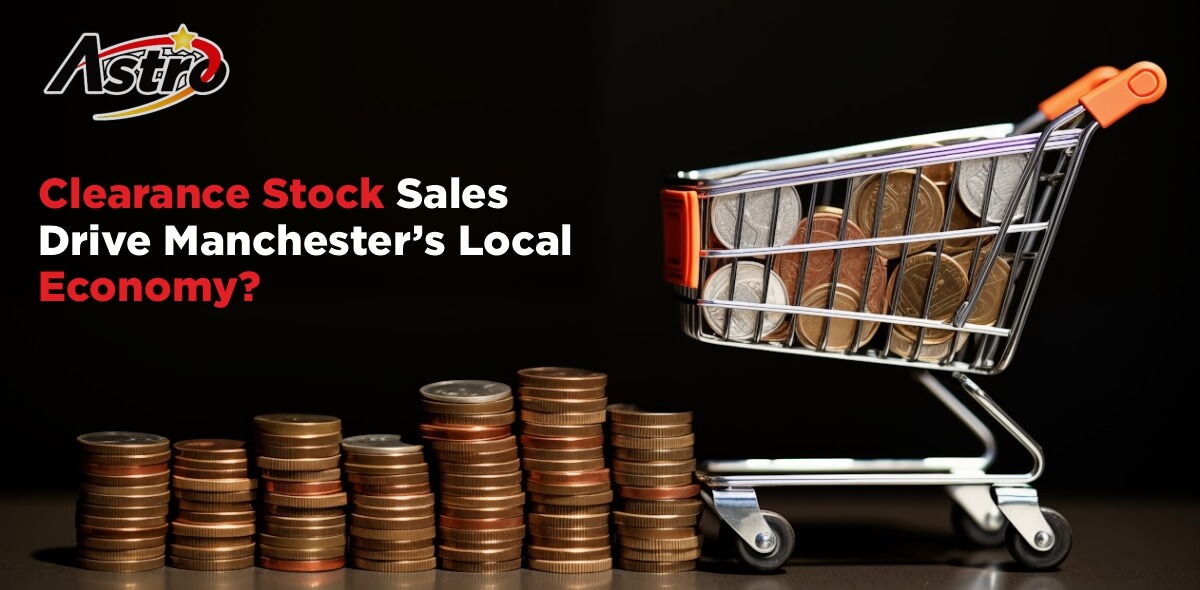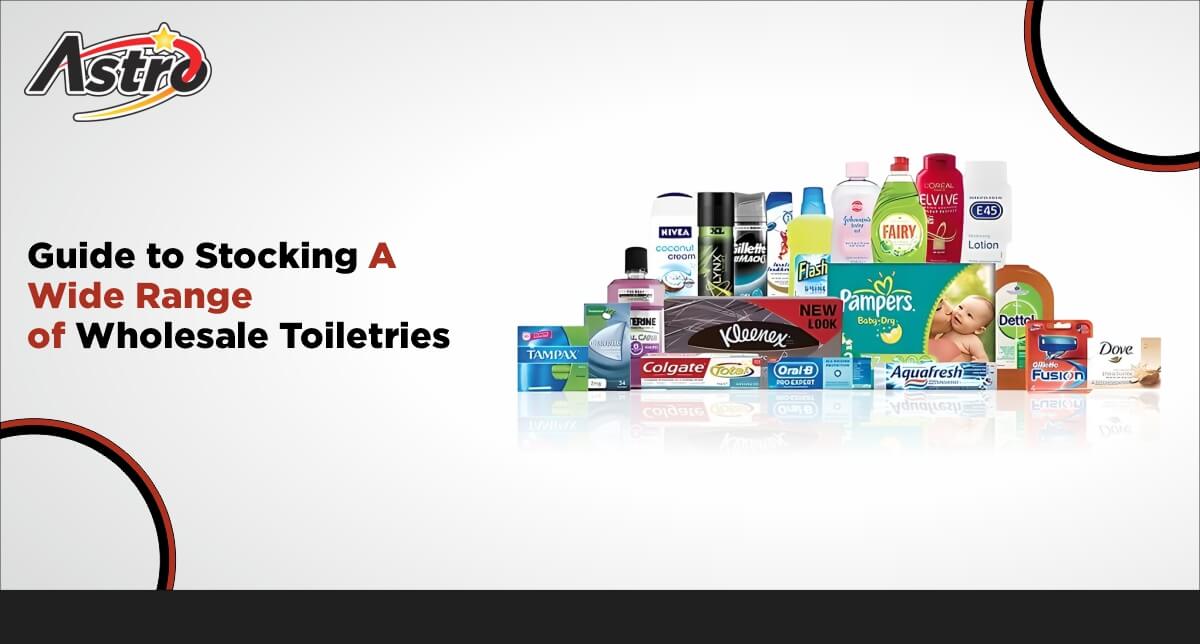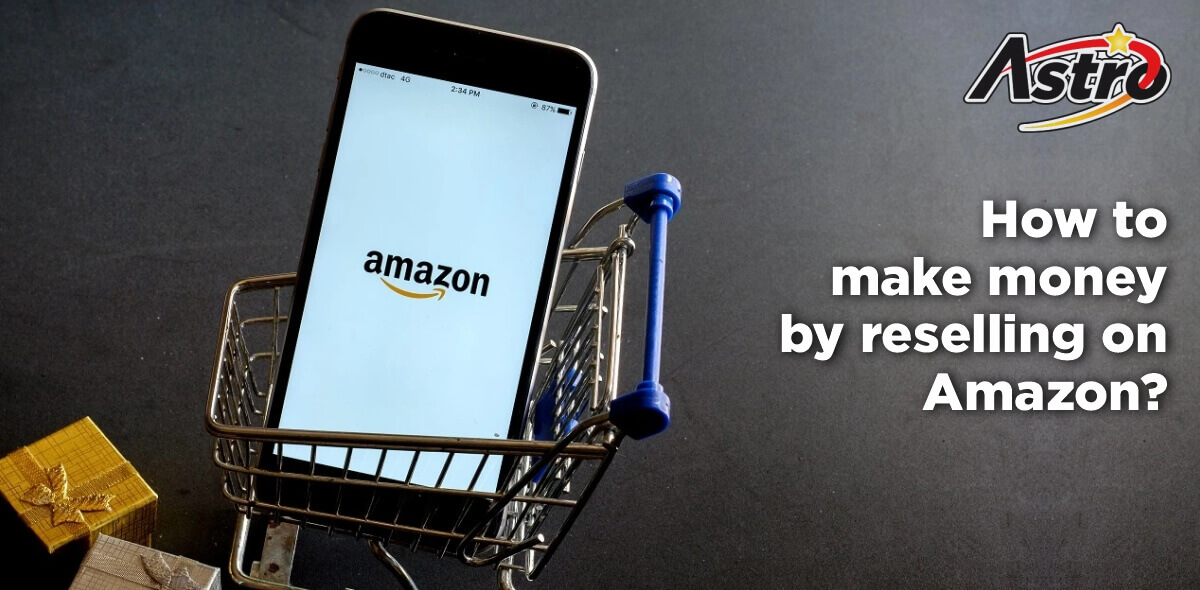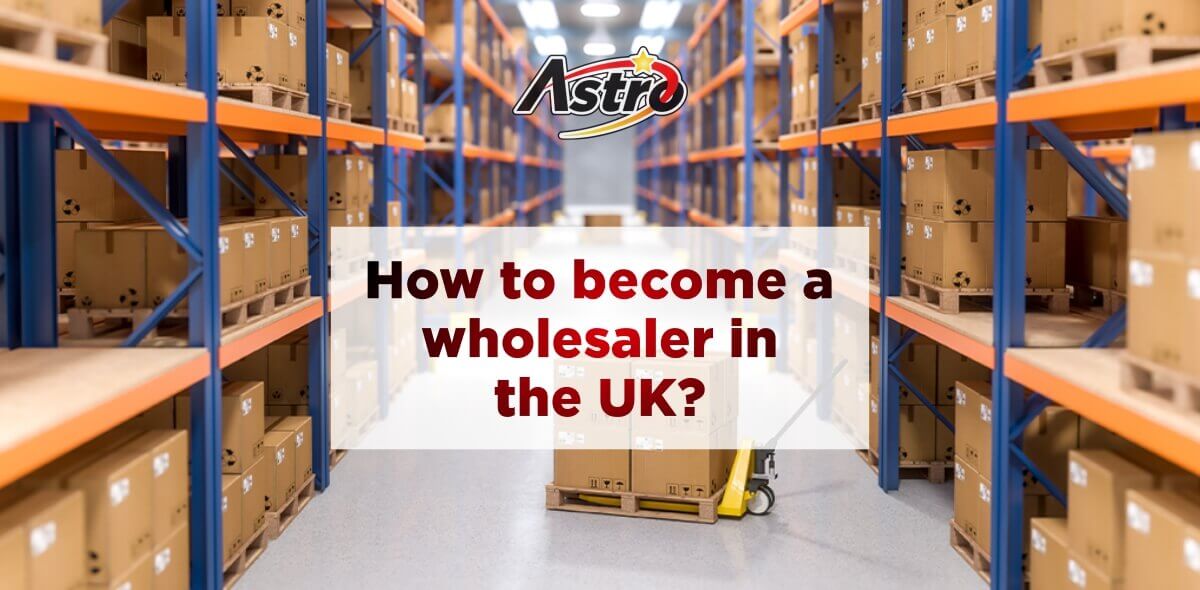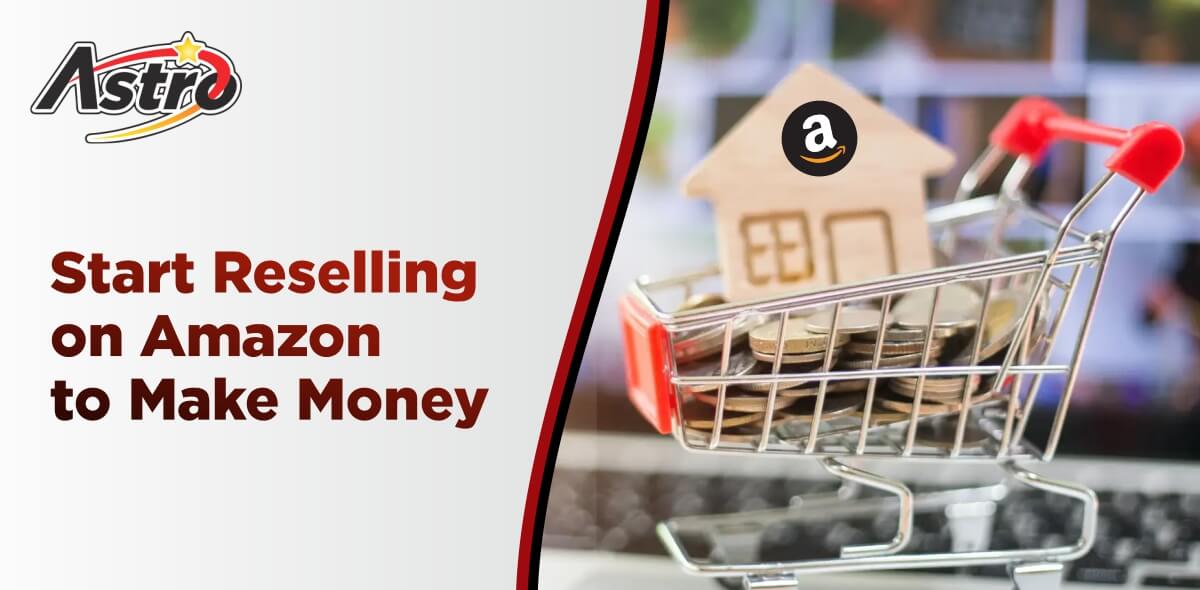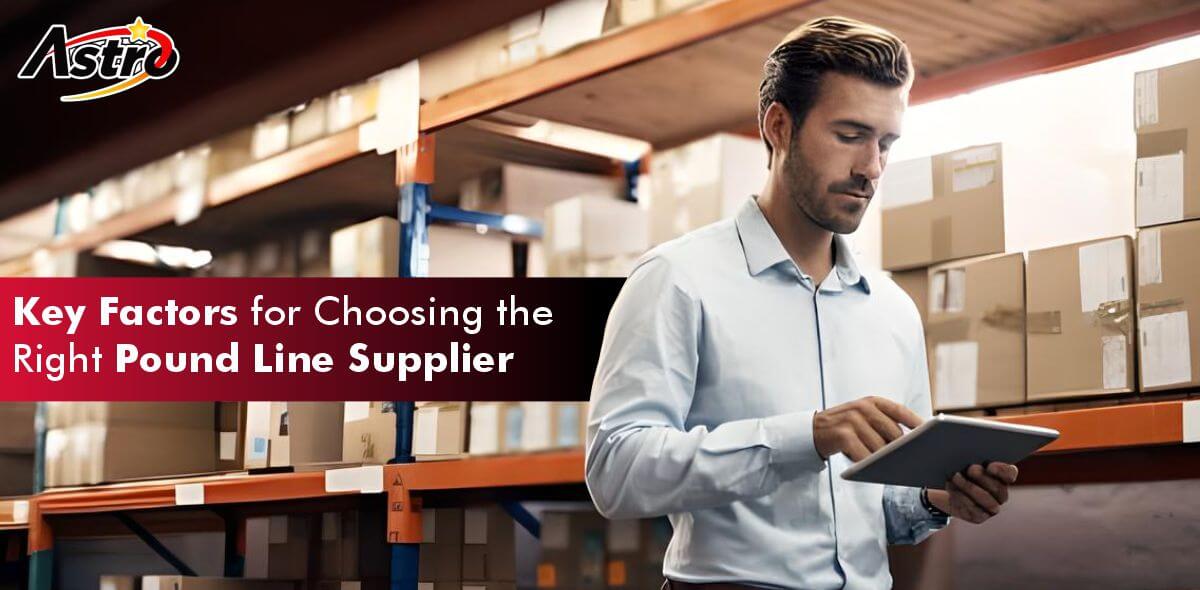Key Factors to Assess When Choosing Your Ideal Pound Line Supplier
Businesses that depend on pound lines must ensure they choose the right supplier. This choice has a big effect on the quality of the product, how much it costs, and the general success of the business. To make an intelligent choice, it is essential to consider several vital factors carefully.
This detailed guide will cover 10 essential things to consider when picking the best pound line supplier. By carefully looking at these factors, you can make a well-informed choice that fits your business goals and helps you succeed.
10 Crucial Factors to Consider When Choosing a Pound Line Supplier
1. Product Quality and Consistency
The quality of the products you sell is what makes your business great. A supplier who always sends high-quality wholesale pound lines will not only help your brand's image, but they will also make your customers happier. It is essential to carefully look at the supplier's quality control measures, where they get their materials, and how they make their products.
Find out the licenses and standards they follow in their field. Try the product thoroughly or ask for samples to check the finish, durability, and overall performance. A trustworthy provider will have strong quality control systems that keep mistakes to a minimum and ensure all their products are identical.
2. Pricing and Cost-Effectiveness
Price is, without a doubt, an important thing to think about when choosing a pound-line supplier. However, focusing only on the cheapest price could mean giving up on quality or service. It is essential to think about the total cost of ownership, which includes things like shipping, handling, and possible flaws. Think carefully about the supplier's price, discounts, and payment terms.
A cost-effective supplier will have low prices without lowering the quality of their goods or services. Also, consider whether the supplier can offer extra services or customisation choices to help make up for higher initial costs.
3. Production Capacity and Lead Times
You need a supplier with enough production ability to keep your order from being late. Check out their production sites, tools, and employees to ensure they can handle the number of orders you have. Find out how long it takes to get their products for different order sizes and if they can hold fast orders.
You can be sure that a dependable provider will be able to meet your production needs while keeping quality standards and delivery times consistent. Look at how the supplier has dealt with changed demand in the past to see how well they can adapt to new market conditions.
4. Supply Chain Reliability and Risk Management
The supply line must be stable and reliable for operations to keep going. Check out the supplier's strategy for getting products, how they handle inventory, and their backup plans if the supply chain goes down. Think about where the seller is located, how they can get your goods to you, and how they work with other suppliers of raw materials.
A strong supply chain can lessen the effects of risks like natural disasters, economic changes, and government problems. A pound-line supplier with a varied supply chain and good risk management strategies can make the relationship safer and more stable.
5. Customer Service and Support
Excellent customer service is critical to a successful supplier-customer relationship. Check how quickly the seller responds to questions, problems with orders, and customer complaints. Check out their communication methods, technical help, and problem-solving ability.
A responsive and helpful supplier will be a valuable partner in solving problems and ensuring customers are happy. Think about how willing the seller is to go the extra mile by doing things like offering training or technical support.
6. Financial Stability and Reputation
If your supplier is financially secure, they are less likely to have problems that could hurt your business. Do a lot of research on the supplier's creditworthiness, financial success, and reputation in the industry. Look at how well they have paid their bills in the past and see if they have ever had any legal or moral problems.
A trustworthy provider with a good credit history is a good business partner. In addition, enquire about the supplier's business continuity plans to determine their readiness for unexpected issues.
7. Customisation Capabilities
For many businesses, being able to change wholesale pound lines to fit their needs is important. Check to see how flexible the provider is when it comes to product sizes, materials, finishes, and branding choices.
You can make your goods stand out and meet customer needs if your supplier can make changes as requested. Think about the supplier's creative skills and how well they can work with you to create new products.
8. Environmental Sustainability
Many businesses put sustainability at the top of their list of priorities. Look at how the supplier treats the earth, such as handling waste, using recycled materials, and saving energy.
A supplier that cares about sustainability works with brands and users that care about the environment. When choosing a supplier, look at their environmental certifications and projects.
9. Delivery and Logistics
Logistics and delivery that you can count on are essential for keeping product levels high and meeting customer needs. Check out the supplier's shipping choices, delivery times, and ability to package items. Think about things like shipping prices, keeping track of orders, and avoiding damage.
A good transport system keeps products in good condition and reduces stock-outs. Ask the supplier how much experience they have with different shipping methods and if they can meet your unique delivery needs.
10. Long-Term Partnership Potential
A long-term relationship with a trusted wholesale supplier is good for both of you. Find out how committed the seller is to working with you, developing new ideas, and growing together.
Think about how willing they are to share market information, invest in research and development, and change with the times in your field. Building trust, efficiency, and success are signs of a good partnership. Check to see if the supplier fits in with your business's long-term goals and ideals.
The Bottom Line
To wrap it up, you need to consider several things carefully to find the best pound line supplier. You can make a good business decision by carefully thinking about things like product quality, price, production capacity, supply chain reliability, customer service, financial stability, ability to customise, environmental friendliness, delivery logistics, and the chance of forming a long-term partnership. Getting along well with a good source and maintaining that relationship is essential for long-term success.




